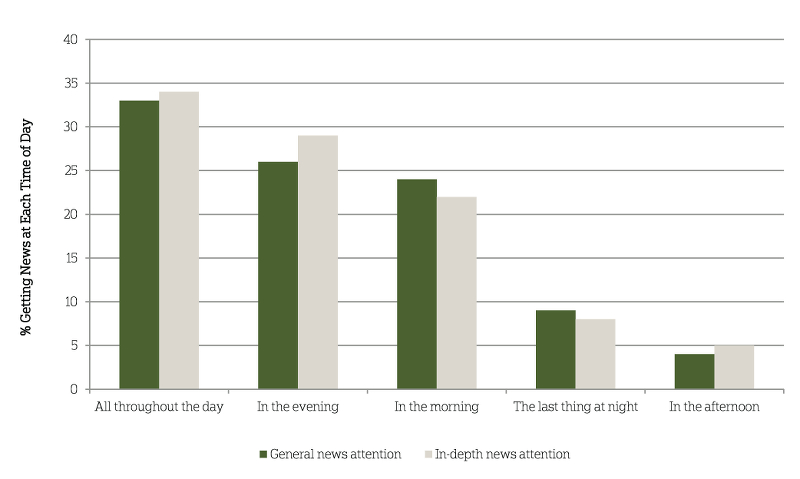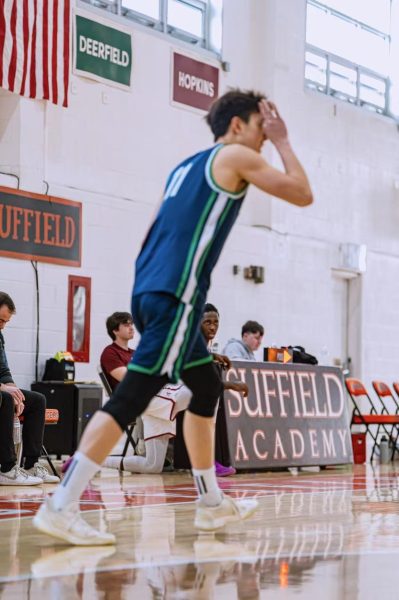How Informed are We?
In his State of the Union address on January 12th, President Obama said, “Democracy grinds to a halt… when basic facts are contested.” Democracy relies on good, effective argument and compromise, both of which are only possible with informed citizens.
As election season gets closer and many prepare to vote, it is even more important that each person remains informed. If everyone knows major domestic and world issues, voters can check each candidate’s truthfulness and better understand what each is proposing to do in office.
The Willistonian sent out a survey to find out how informed people are. Questions ranged from which sources people use to learn the news to how many hours a week they spent consuming the news to how effective all that learning is.
Judging from the survey, most students tended to rely on one or two sources with one more traditional source such as NPR, CNN, and The New York Times, and one word-of-mouth/social media source such as Buzzfeed, Snapchat, and Facebook. Also according to the survey, 45% of students checked the news about once a day or a few times a week.
Students using these sources typically felt relatively confident in how informed they were with approximately 35% of students in the survey answering they felt at least “decently knowledgeable” about world events.
However, many Williston students struggled to provide details about recent world/election events. Most did not complete the survey, stopping after they saw questions that challenged their knowledge. Whether that is due to time constraints or a lack of knowledge is unclear, but evidence from other, more complete responses in the survey suggest that people may just not have known.
Many people who wrote they were well-informed, who checked CNN more than once a day, didn’t answer most of the questions. For example, one respondent who used CNN and Facebook with an estimated 15 hours a week spent on news, couldn’t list three Republican candidates in a field of more than a dozen.
CNN has been under a lot of criticism over their news coverage recently. Since they are a 24-hour TV network, they tend to overemphasis the more popular stories that will get them more views, such as a Donald Trump speech or comment, over the important news like the recent Canadian elections and the Syrian refugee crisis.
Even CNN staffers complained about the network’s strong focus on more popular stories. As TheWrap reported on September 15th, multiple network staffers complained to CNN president Jeff Zucker about over-coverage of Trump. Many pointed to the network bumping an Anderson Cooper special on the decade anniversary of Hurricane Katrina in favor of a Trump rally as evidence.
Television networks are also not effective mediums for news. As The Atlantic wrote in a June 3rd, 2013 article on their website, “The cost of producing quality broadcast journalism, as opposed to inane interview and debate segments, the obsession with ratings, and the practice of hiring on-air ‘talent’ for their appearance and charisma more than for their intellect all inevitably result in a poor product.”
According to data in The Willistonian survey, it is better to simply rely on magazines, newspapers, and radio for news. Students whose primary source of news was something other than television tended to do much better on the survey.
Students also tended to rely on social media for their news. These students achieved mixed results answering questions on the survey. This suggests that social media can be helpful, but only if you are following the right people or pages.
A good example of the problems with social media as a primary source for news is Snapchat. Snapchat’s new Discover service has been very popular, allowing the millions of Snapchat users to get daily stories filled with various types of news. However, only some media outlets are given channels to put their daily stories as part of the Discover service.
To select the channels, Fortune reported in a September 15th, 2015 article, “Snapchat uses data, not perceived industry power, to determine which media companies stay and which get the boot.” This means that only the sensationalistic channels stay, while the more informative, boring ones are discontinued.
This is evident in the fact that most current Discovery channels are entertainment news. CNN and Wall Street Journal are the only daily news channels out of the current 19. The New York Times is not on it, nor is NPR, or The Guardian.
The stories on Snapchat are created more to grab the reader’s attention than inform, which is why social media like Snapchat is a flawed medium for news.
The Wall Street Journal’s channel exemplifies this norm by being filled with surveys and sensationalistic news much like Buzzfeed or Huffington Post, instead of relaying the news like its website or newspaper does.
So how do people get better informed? Here are several helpful tips that people who scored better on the survey tended to use.
First, check three or more sources. Next, use sites like Google News to get a general overview of issues with many different sources, and rely more on reading the news rather than watching or listening. Using these tips, you can become better informed, helping to uphold Democracy and make the world a better place.








